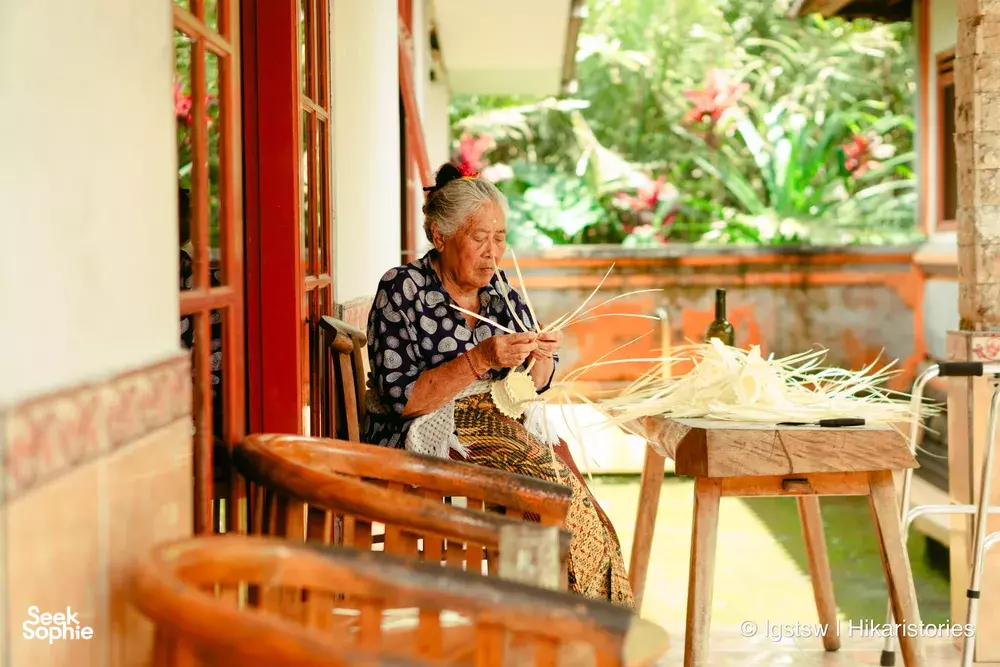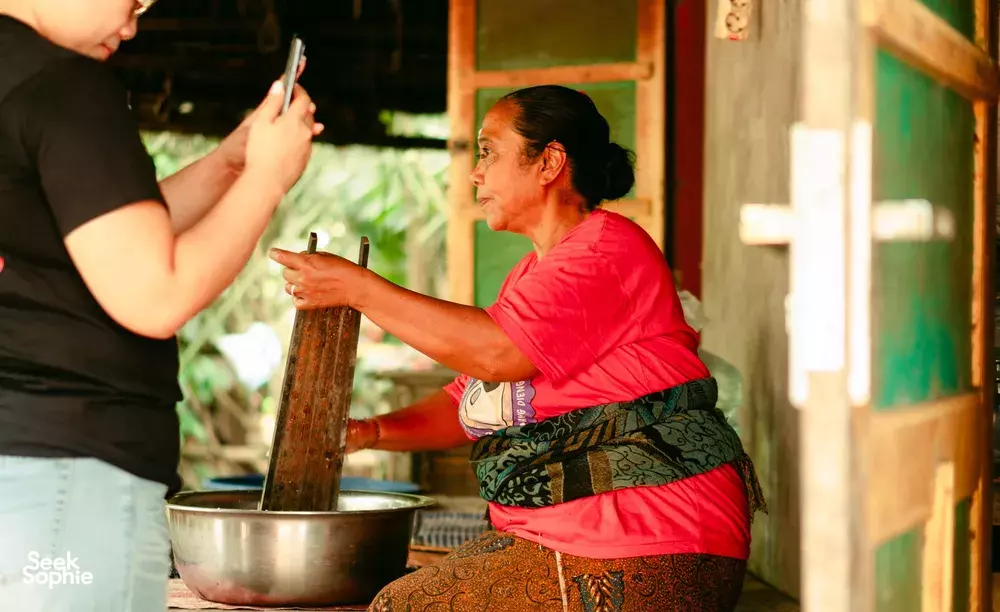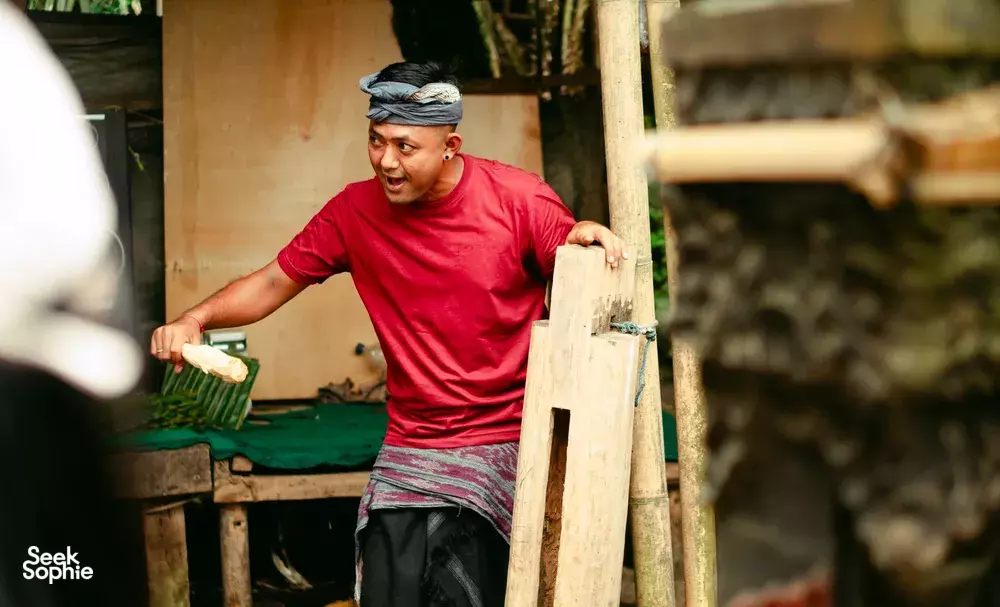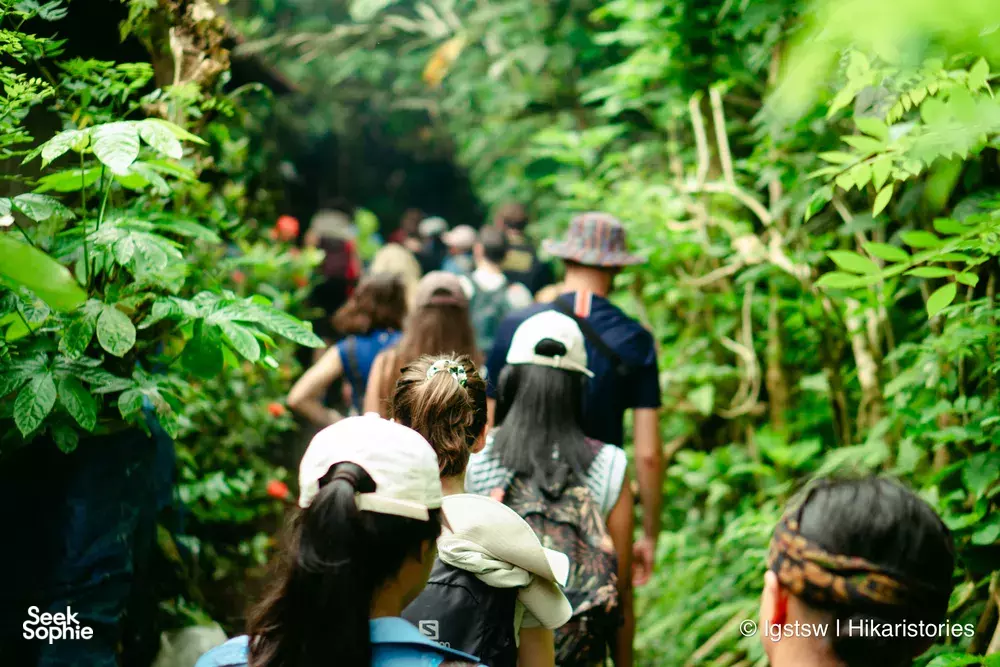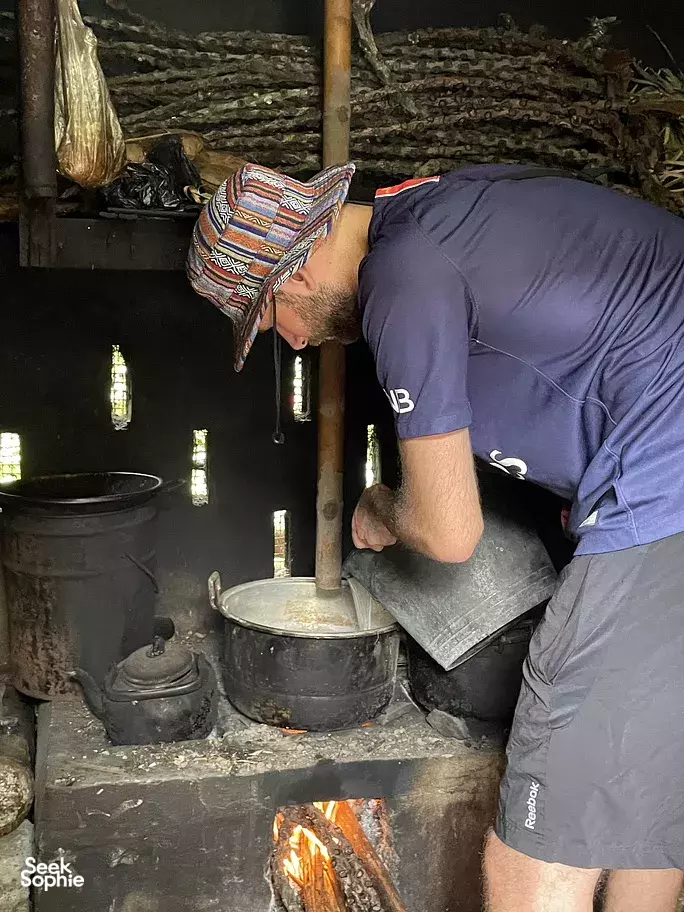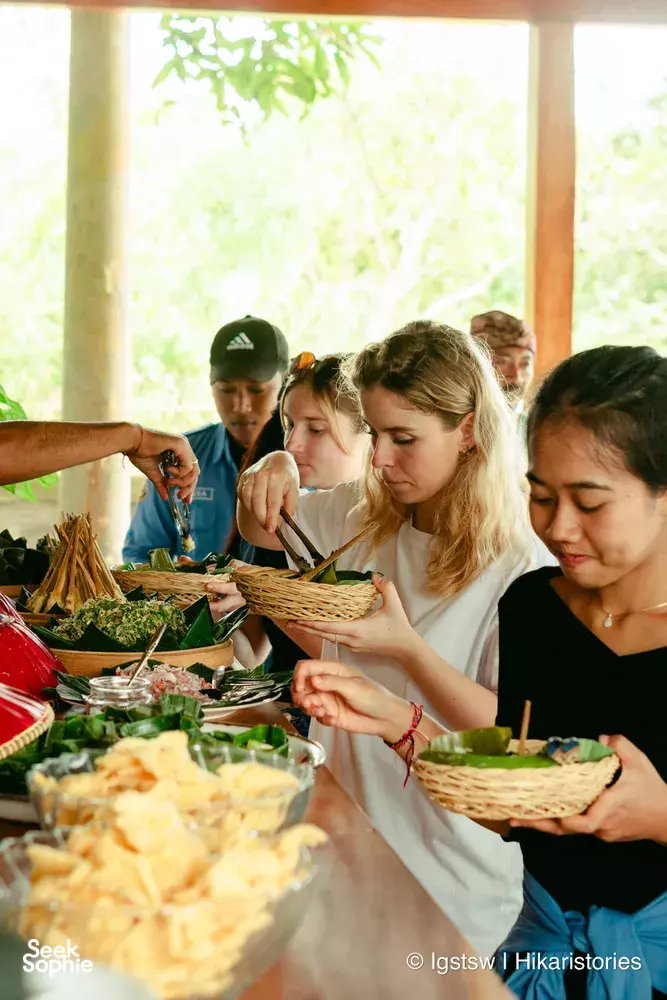Local Farms in Indonesia
See sustainable farms growing some of the best coffee in the world
All Local Farms in Indonesia
Loading...
Browse Collection
Love letters from our guests
5
|
92 reviews
Local Farms in Indonesia FAQs
What types of crops are commonly grown on local farms in Indonesia?
Local farms in Indonesia cultivate a wide variety of crops such as rice, corn, cassava, soybeans, peanuts, coffee, tea, spices (including cloves, nutmeg, and cinnamon), fruits (including durian, bananas, and mangoes), and vegetables (including chili peppers, tomatoes, and cucumbers). These crops are grown to meet the country's food demands as well as for export purposes.
How do local farms in Indonesia contribute to the country's economy?
Local farms play a vital role in Indonesia's economy. They provide employment opportunities, particularly in rural areas, stimulating economic growth. Additionally, local farms contribute to the country's food security by ensuring a stable supply of crops. The agricultural sector also generates income through the export of various agricultural products, such as coffee, spices, and tropical fruits.
What are the challenges faced by local farmers in Indonesia?
Local farmers in Indonesia encounter several challenges, including limited access to capital and agricultural technologies, inadequate irrigation systems, unpredictable weather patterns leading to crop failures, pests and diseases affecting crops, and competition from imported agricultural products. Additionally, the fragmentation of land holdings and the lack of knowledge about modern farming practices pose significant obstacles for local farmers.
How are local farms in Indonesia embracing sustainable agriculture?
Local farms in Indonesia are increasingly adopting sustainable agricultural practices. They are implementing organic farming methods, reducing the use of synthetic fertilizers and pesticides, promoting crop rotation and agroforestry, and investing in renewable energy sources. Additionally, some local farms practice water conservation techniques and adopt efficient irrigation systems to minimize water wastage. These sustainable practices help protect the environment, improve soil quality, and ensure long-term productivity.
What role do local farms play in preserving Indonesia's cultural heritage?
Local farms play a crucial role in preserving Indonesia's rich cultural heritage. Many traditional farming practices, such as terrace farming in Bali and Javanese rice cultivation, have been passed down through generations and are still practiced on local farms today. These farms cultivate indigenous crop varieties and preserve traditional farming knowledge and techniques, contributing to the cultural identity of Indonesia and attracting tourists interested in experiencing its agricultural heritage.
Only the good stuff
